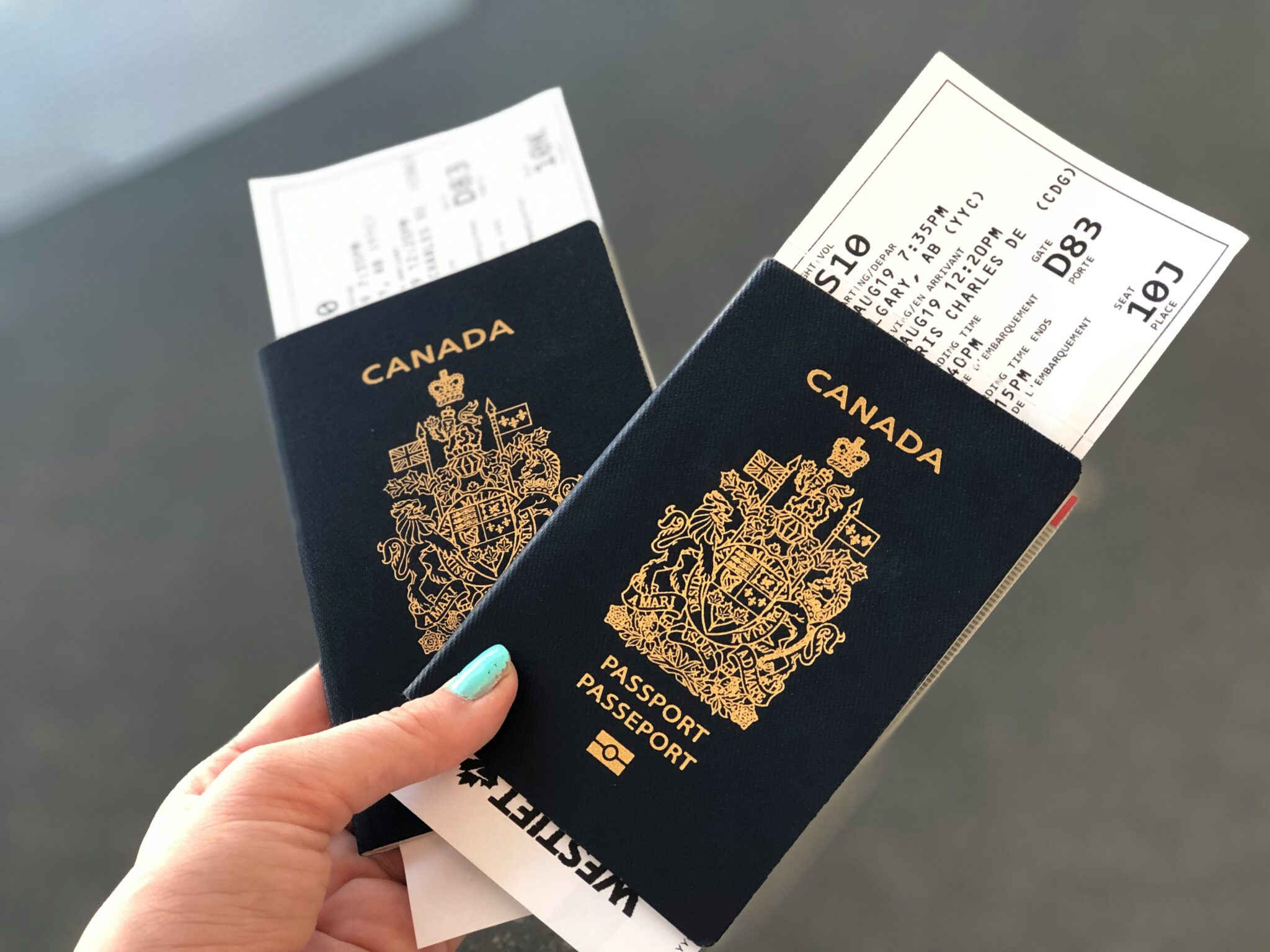Why You Should Consider Hotel Loyalty Programs

Skift Take
This sponsored content was created in collaboration with a Skift partner.
If it seems like your favorite airline is being a bit disloyal lately, you’re on to something.
In the last six months, two major carriers, announced they will reward customers based on the fare paid rather than the number of miles flown, joining a handful of airlines that have long based their loyalty programs on passenger spend.
This may be news to some. Just over 50% of business travelers, in a survey commissioned this month by the Hilton HHonors (TM) Surpass® Card from American Express, said they perceive airline status as more valuable than hotel status.
That may soon change in favor of hotel loyalty programs.
“Historically, airline programs have gotten more attention than hotel programs,” says Tim Winship, publisher, frequentflier.com, “and there are some good reasons for that. The programs are bigger, they are more robust, they have more partners, which means increased opportunities for earning and on the award side for redemption. The elephant in the room with these programs is that it’s getting harder to use them.”
Hotel loyalty programs, on the other hand, may offer a better value for business travelers if a bigger slice of their leisure trip pie is being devoted to their hotel stay rather than their airfare, says Brian Kelly, founder of The Points Guy (www.thepointsguy.com).
That’s because hotels are sweetening the deal with special rates extended only to loyalty program members. Travelers may find they can choose to have comped nights after a pre-set number of stays, complimentary wine, beer, and fruit and cheese in their rooms, late checkout times or access to an on-call concierge service.
They are even allowing members to trade their points for gift certificates, concert and event tickets, and, yes, even airline miles.
Others are focusing on status as a selling point, offering no-fee upgrades after a handful of visits per calendar year.
For example the executive who, in addition to his regular business trips, travels weekly to his daughter’s college basketball games, might opt to get a co-branded hotel credit card to boost his earning potential, and thus, status with that hotel chain. As with the American Express Hilton HHonors credit cards, he would choose from four membership levels each with a varying array of rewards depending on the number of days stayed at a suite of properties in a calendar year, or the number of points earned with annual spends on the card.
For travelers needing one foot in the frequent flier world, hotels are teaming up with airlines and offering so-called crossover rewards. Enrollees in such programs enjoy status at both the hotel or airline affiliated with the program.
“Versatility is the key with hotel points,” says Kelly. “Hotels have a ton of different redemption options. They are trying to really reinforce that loyalty, stay with us, stay with the big guys, and we will take care of you.”
This content is created collaboratively in partnership with our sponsor, American Express.





